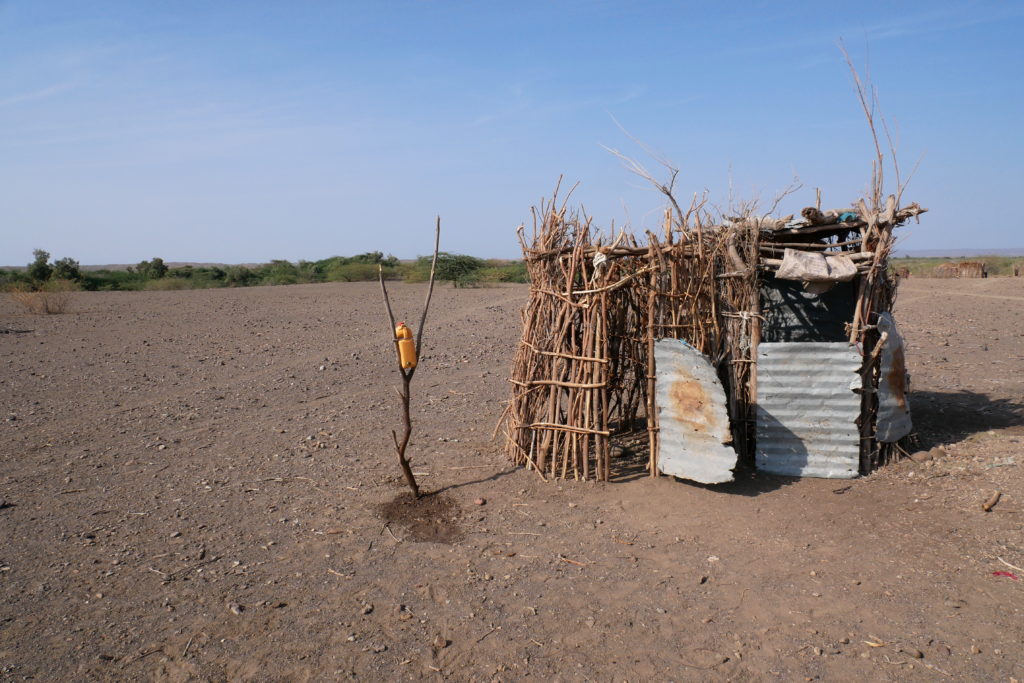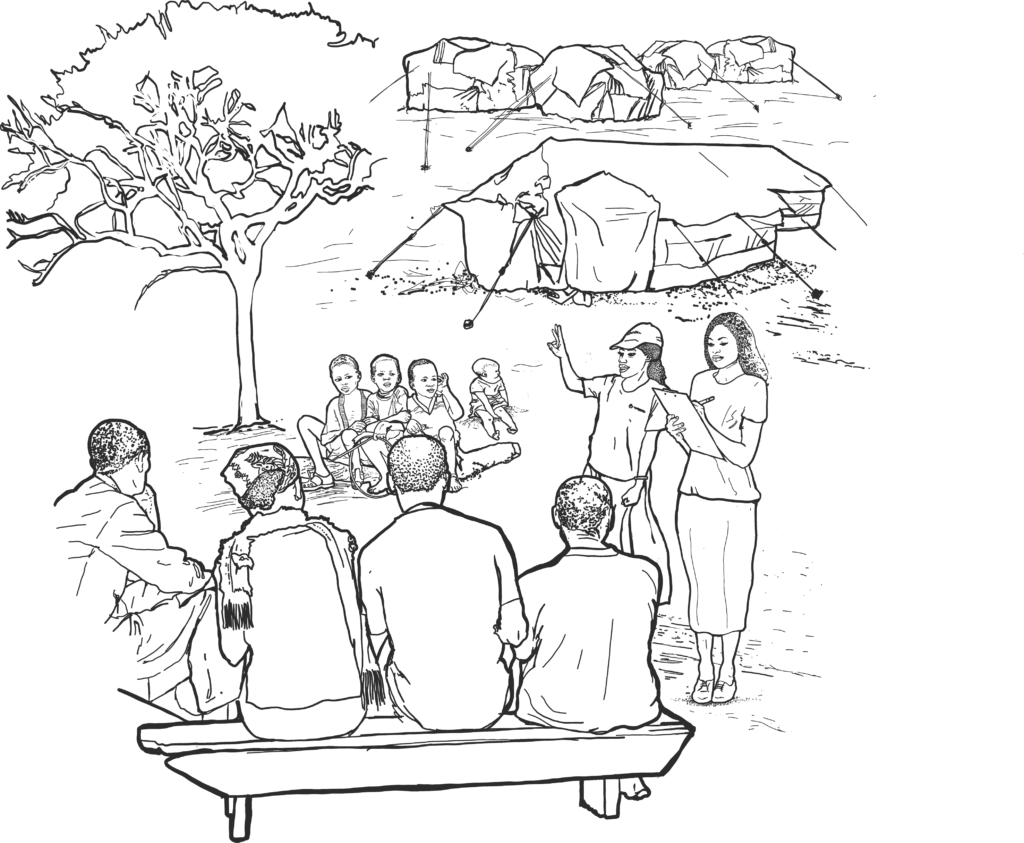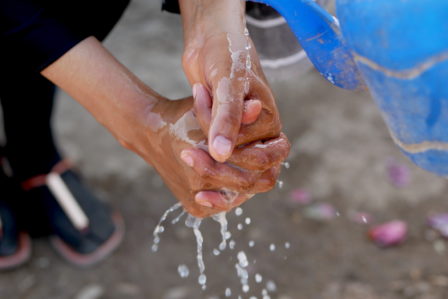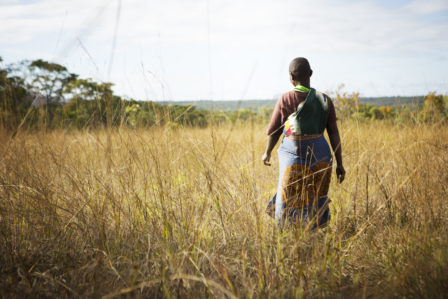What we are looking for
We are currently seeking case studies of demonstrated successes improving sanitation access and use in challenging contexts to feed into a practical guidance document.
We are keen to learn about previous work that has had proven practical results over time, on a wide enough scale to draw evidence from, in challenging contexts. We are not looking to test new ideas.
We are particularly interested in case studies addressing rural sanitation challenges related to:
- Entrenched attitudes and beliefs that make sanitation challenging for specific people, groups or communities
- Lifestyles and livelihoods which pose a challenge for sanitation, for example, mining communities; fishing communities; pastoralists
- Coastal or waterside impoverished communities specific sanitation challenges
- Protracted or recently ended crises, particularly in refugee/IDP camps; host communities; returning communities
- Informal or undocumented communities who may, for example, struggle to receive state recognition/support
We recognise that these categories may overlap. However, we ask for case studies to focus in on one or two of the contexts.
In terms of the programme cycle we are ideally looking for case studies that provide:
- Lessons from implementing in practice in challenging contexts
- (and/or) Lessons on monitoring, evaluation and learning (MEL) in challenging contexts
We are looking for examples focused on rural sanitation but would accept area-wide studies that include small towns.
We are seeking a remaining 5 case studies and can allocate up to £2,000 for each. This can be used to fund staff time to document the case study and any fieldwork/research costs to collect current data to develop the case study.
Background
The Sanitation Learning Hub, WaterAid and UNICEF are collaborating on an evidence-based practical guidance document which aims to support progress on area-wide sanitation and coverage in particularly challenging contexts. Broad challenging context categories within this guidance include:
- Entrenched attitudes and social beliefs
- Poverty and marginalisation
- Tough physical environments
- Lifestyles/Livelihoods
- Fragile contexts
A full description of these categories and more information on the planned guidance can be found here.
Application process
If you have a relevant case study to share, please send the information requested below to [email protected] by 12pm Monday 12th 2022.
- A short paragraph outlining the background/context for your case study. Which challenging contexts does it face?
- A short paragraph outlining the intervention and lessons learned. What was done and when? What evidence do you have that successes have been maintained (to at least some degree) since the intervention ended? What good practice can be drawn?
- A short paragraph outlining the approach and data needed to develop the case study. What approach would you take to document your case study? What data and evidence do you already have? What additional data would you need to collect? How would you collect any additional data?
- A budget detailing any costs you would need funding for to develop the case study. This can include time costs, travel and subsistence costs (based on actual expenses, not per diems/DSAs) for fieldwork, other research costs. Costs need to be itemised.
- A completed draft of the IDS ethical approval form (download here).
- CVs of the case study development team, including details of referees.
- A sentence letting us know how you found out about this call.
As a reference only (please do not fill this form in), you can view the case study template guidance here which shows in more detail what kind of evidence you need to back up your case study and how SLH will work with authors to structure the case studies.
Selection process
We are keen to have case studies as soon as possible so applications will be considered in batches every two weeks as they are received until the funding available has been allocated.
We will consider the 3rd batch of case studies on Wed 14th 2022.
We anticipate contracts to develop the case studies will be approximately two months each (i.e. if you start developing your case study at the start of January, the final version would be due at the start of March). As part of the contracting process, ethical approval for the case study development will need to be obtained from the Institute of Development Studies (SLH will facilitate this).











